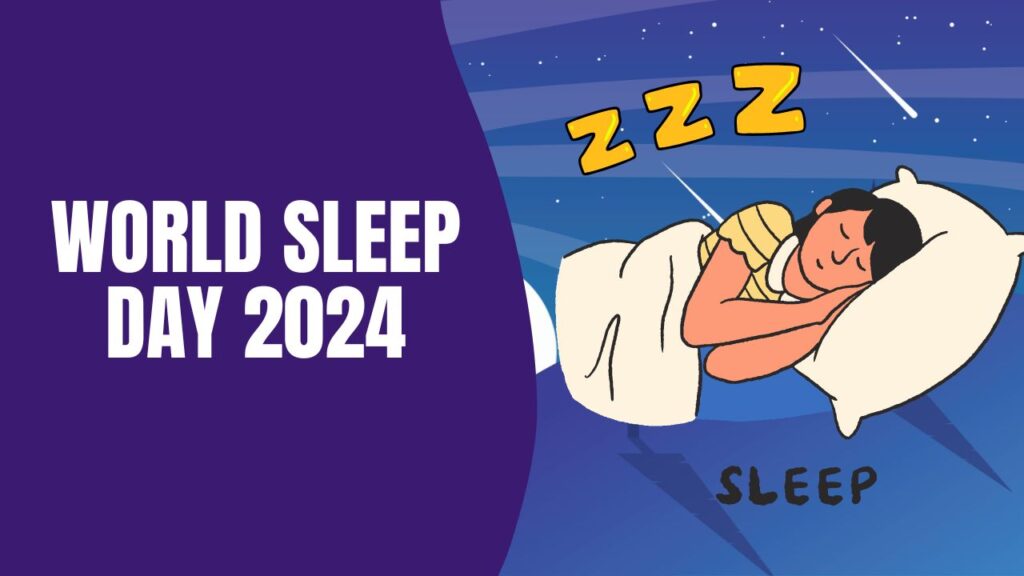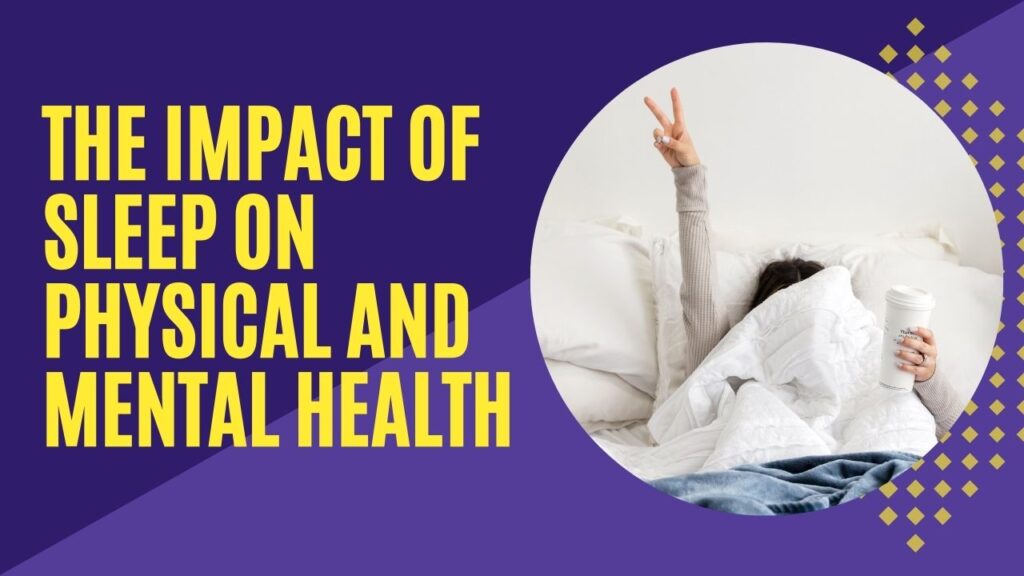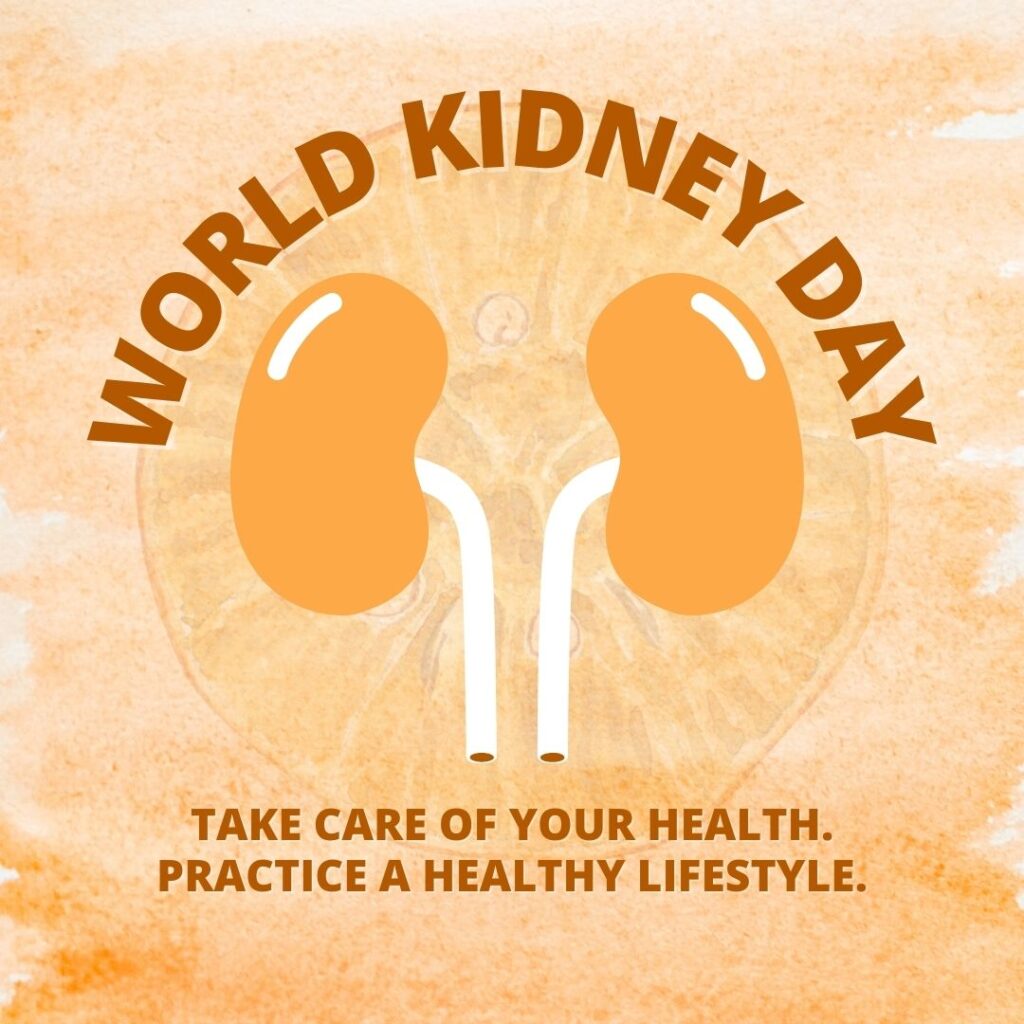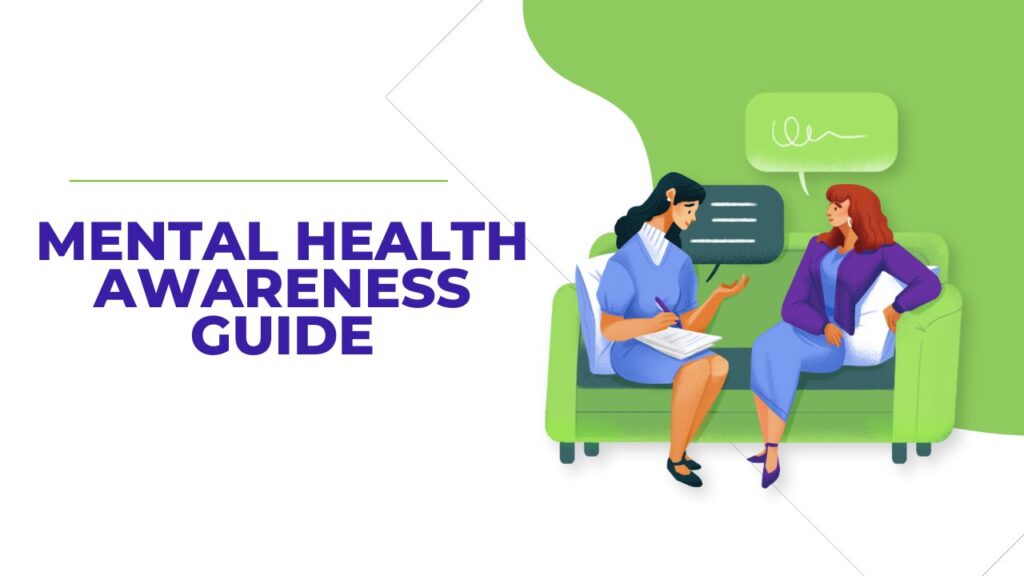Sleep is a fundamental aspect of human life, essential for our physical, mental, and emotional well-being. Yet, in today’s fast-paced world, it’s often overlooked or sacrificed in the pursuit of productivity. World Sleep Day, observed annually, serves as a reminder of the importance of quality sleep and encourages individuals worldwide to prioritize their rest for better health and vitality. As we mark World Sleep Day in 2024, let’s delve into the benefits of sleep, examine global sleeping habits, and explore ways to enhance our sleep hygiene.
World Sleep Day History: Raising Awareness
World Sleep Day was established in 2008 by the World Sleep Day Committee of the World Sleep Society (formerly the World Association of Sleep Medicine). This annual event aims to:
- Celebrate the benefits of good and healthy sleep.
- Draw attention to the global burden of sleep problems and their impact on health, education, and society.
- Promote better prevention and management of sleep disorders.
Sleep Benefits:
Quality sleep is not merely a luxury; it’s a necessity. Adequate sleep plays a crucial role in various facets of our lives.
- Physical Health: Sleep is essential for the body’s repair and rejuvenation processes. It boosts the immune system, regulates hormones, supports healthy metabolism, and promotes cardiovascular health.
Let’s Explore: Impact of good sleep on physical and mental health
- Mental Well-being: Sleep is closely linked to cognitive function, memory consolidation, and emotional regulation. A good night’s sleep enhances focus, creativity, and problem-solving abilities while reducing the risk of mood disorders such as depression and anxiety.
- Overall Performance: Whether in academics, work, or sports, sufficient sleep is vital for optimal performance. It improves reaction time, decision-making skills, and coordination, leading to better productivity and success.
- Longevity: Studies consistently show a correlation between inadequate sleep and increased mortality risk. Prioritizing sleep may contribute to a longer, healthier life.
Stats Regarding Sleeping Habits in Different Countries on World Sleep Day:
Despite the universal importance of sleep, sleeping habits vary significantly across different countries. Here are some statistics highlighting these differences:
- Japan: Known for its culture of overwork, many Japanese citizens suffer from chronic sleep deprivation. Long work hours, commutes, and societal expectations often result in an average nightly sleep duration of fewer than 6 hours.
- Nordic Countries: Countries like Finland, Sweden, and Norway prioritize work-life balance, leading to healthier sleeping habits. With shorter work hours, flexible schedules, and strong social support systems, people in these countries tend to get more restful sleep.
- United States: In the United States, sleep deficiency is a prevalent issue, affecting millions of adults and children. Factors such as excessive screen time, demanding work schedules, and high-stress levels contribute to insufficient sleep durations.
- Spain: The concept of the siesta, a midday nap, is deeply ingrained in Spanish culture. While traditional siestas are less common in urban areas, Spaniards still prioritize rest, with many taking afternoon breaks to recharge.
- India: While sleep duration in India might be higher compared to developed nations, access to quality sleep due to factors like work environments and limited healthcare resources remains a challenge.
Pro Tip: Maintaining a good diet plays a vital role in good sleep
World Sleep Day 2024 Theme
The theme of World Sleep Day 2024 underscores the need to bridge the gap in sleep health across the globe. Here are some ways to achieve this:
- Raising awareness: Educational campaigns promoting healthy sleep habits and the importance of prioritizing sleep are crucial.
- Improved access to healthcare: Ensuring access to affordable healthcare facilities specifically focused on sleep disorders is essential.
- Workplace adjustments: Flexible work schedules and promoting healthy work-life balance can significantly improve sleep patterns in employed individuals.
Things to Do on World Sleep Day
World Sleep Day is a great opportunity to reflect on your own sleep habits and take steps towards a healthier sleep routine. Here are some ideas:
- Prioritize Sleep: Make sleep a priority and schedule enough time for it in your daily routine.
- Educate Yourself: Learn about the importance of sleep and how to improve your sleep hygiene.
- Organize a Sleep Awareness Event: Talk to your community about the importance of sleep and the challenges faced globally.
- Play a Sleep Quiz: Test your knowledge about sleep and share the results with friends and family to raise awareness.
- Advocate for Better Sleep Practices: If you work in a demanding environment, advocate for flexible work schedules and breaks to promote healthy sleep habits among colleagues.
Conclusion:
World Sleep Day serves as a global platform to raise awareness about the importance of sleep and its impact on health and well-being. As we navigate the complexities of modern life, it’s crucial to prioritize sleep as a pillar of good health. By understanding the benefits of quality sleep and adopting healthy sleep habits, we can enhance our overall quality of life and thrive in all aspects.
FAQs
How much sleep do I need each night?
The recommended amount of sleep varies by age, with adults generally needing 7-9 hours per night for optimal health and functioning.
What can I do to improve my sleep quality?
Establishing a consistent sleep schedule, creating a relaxing bedtime routine, limiting screen time before bed, and optimizing your sleep environment can all help improve sleep quality.
Is it okay to nap during the day?
Short naps can be beneficial for some individuals, but they should be limited to 20-30 minutes to avoid disrupting nighttime sleep patterns.
What should I do if I have trouble falling asleep or staying asleep?
If you consistently struggle with sleep, it’s essential to consult a healthcare professional to rule out underlying sleep disorders and explore potential treatment options.
How does sleep affect my mental health?
Sleep plays a crucial role in regulating mood and emotional well-being. Chronic sleep deprivation is associated with an increased risk of depression, anxiety, and other mental health disorders. Prioritizing quality sleep can help maintain optimal mental health.







